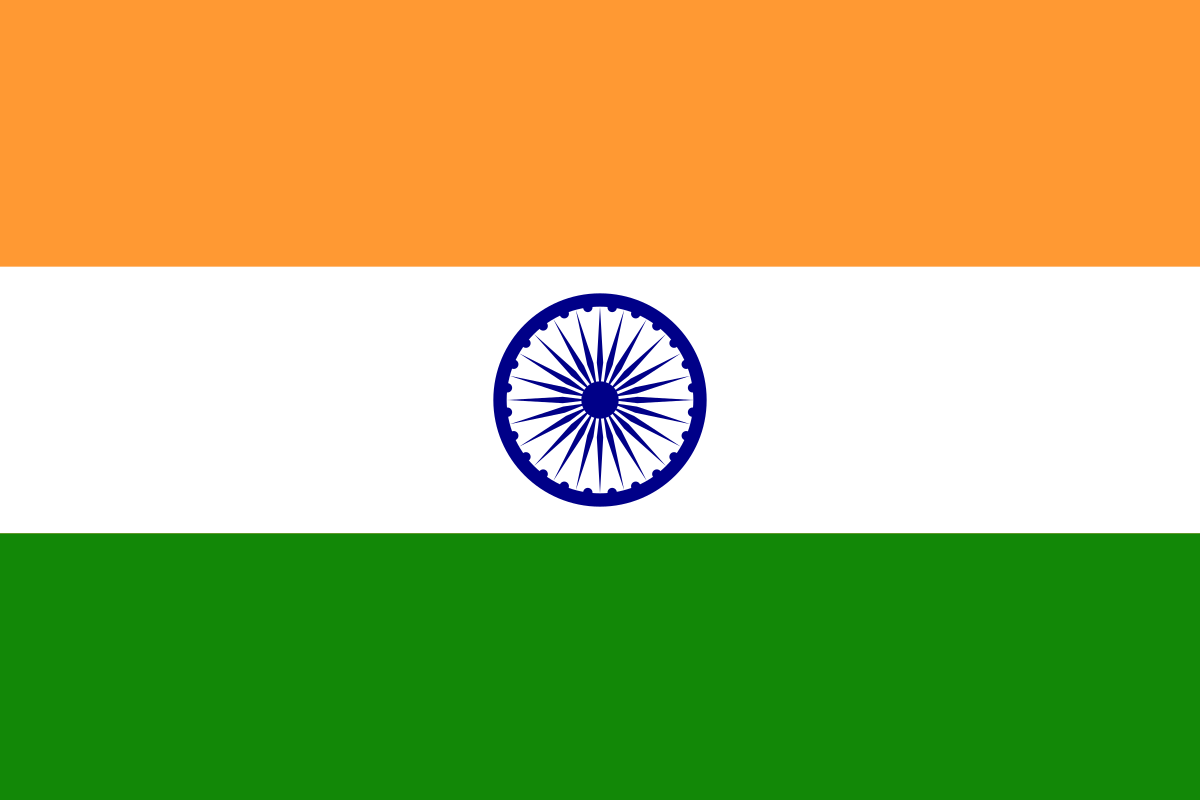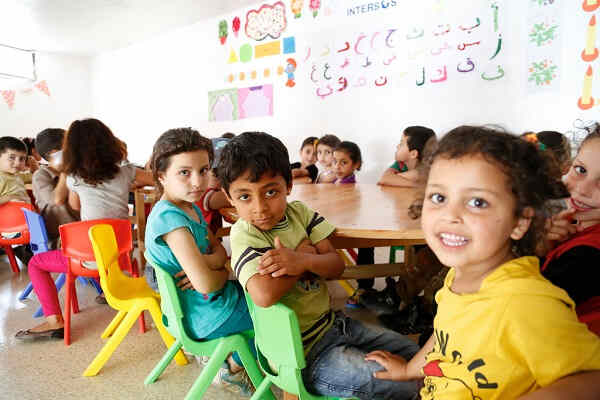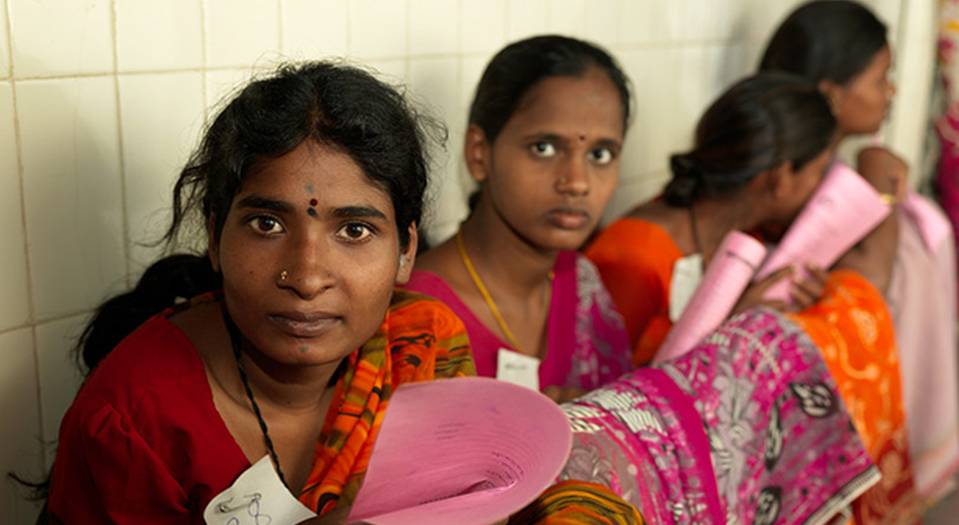A consortium of Indian firms under the auspices of Associated Chambers of Commerce, Industries, Agriculture and Mines (ASSOCHAM) has expressed its readiness to invest well over USD100 Million in se sectors of the Cross River State economy.
Speaking with journalists shortly after inspecting some projects executed by Governor Ben Ayade in Calabar, the group attributed its investment interest in the state to the conducive and friendly business environment the governor has entrenched.
They expressed optimism that their partnership with the state government will create more jobs for the teeming youth as well as check restiveness.
Rahul Mehndiratta, a representative of Avaada Concept, said: “We are bringing in about one hundred million United States dollars to invest in Cross River to build and evacuate two set of solar plants that will provide each local government headquarters in the state with 100 megawatt electricity to support the industrialization initiative of the state.
According to Mehndiratta, “Because of the critical role power plays in any economy, we are here to complement the effort of the state government in promoting industrialization by leveraging on the abundant resources to supply solar powered electricity to the state.”
On his part, Ravi Kumar representative of Simba Group, manufacturers of tricycles, disclosed the decision of his firm to put up a training school in the state on repairs of tricycles.
“We are putting up a training school in Calabar to train mechanics and drivers on how to drive their tricycles safely with the view to reducing the rate of accident.”
He further hinted: “For the first phase, we are training and also empowering after training, 200 artisans that will be selected across the 18 local government areas with plans to expand for more people as we go on.”
Also speaking, Engr. Nitin Mahajan Managing Director and Chief Executive Officer, T & D Technologies (Nig) Limited, explained: “We are bringing in the technology for a large scale mechanized farming in the state to check food insecurity with 100 percent buy back from India and to put in place effective distribution network in the state that will grow agro business in the for wealth creation.”
Responding, Governor Ayade stated that “The good thing with their investment is that they are not coming as a people who are looking for purchase but they are here with a concept to invest, bringing in Indian equity to invest and reap in the process.”
He added that “If our rice revolution initiative must be sustained, we need these kinds of partnership because I have implicit confidence in them and I am very excited with gratitude to the Indian High Commission for their role in making this a reality.
“I must say that this is one of the investments that are coming due to my trips to India. Today they are here ready to bring in their money to grow our economy and better the lot of our citizenry.”
Continuing Ayade said: “This is good news; indeed this is what has come with the advent of our rice seedling factory because the whole world has watched it and they are fully conscious of what we are doing here. Indians are rapidly going into the world in a fierce competition with China and the rate at which they are going with their sophistication and the reliability of their equipment, I see them as a group to partner with which is the reason they have come to the state.”
On the power supply which has been a major bane to industrialization in the country.
“Obviously due to the huge investment that will be coming through the rice value chain and the ambitious commitment of the state to do over one million hectares of land for the cultivation of rice and additional twenty thousand hectares for the cultivation of yellow maize, it is obvious that we need partnerships, because these farms are located in stranded communities in the sense that there is no direct access to national grid, so, the connectivity and supply of power from the various Indian groups using photovoltaic cells, their instrumentality of solar power becomes very imperative and we are rooting for them,” he added.
Ayade maintained that the power generation will further boost power supply and add value to the Ayade industrial park that will soon become a business hub in sub Saharan Africa, as well as increase more access to power at the various farm locations across the 18 local government areas of the state.







